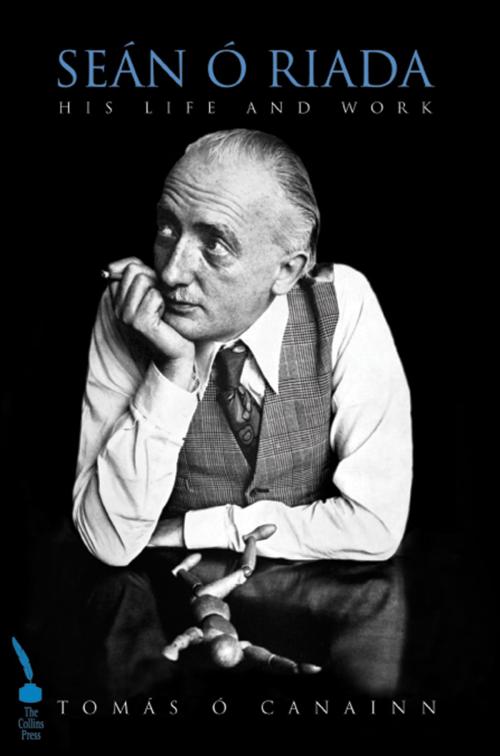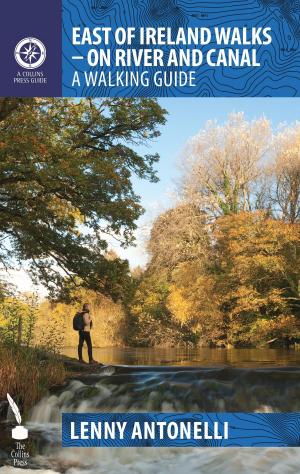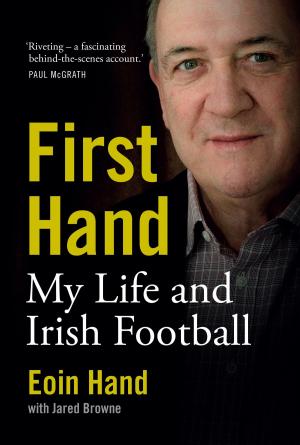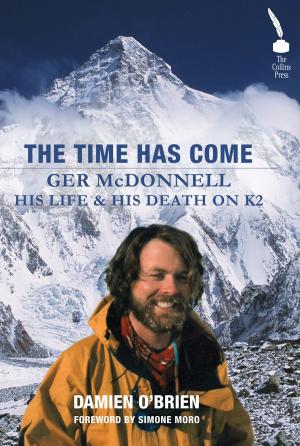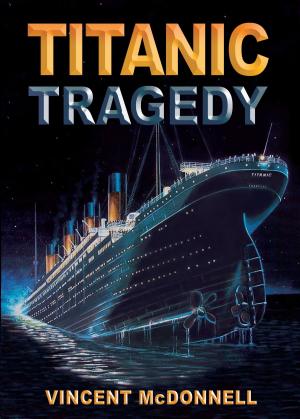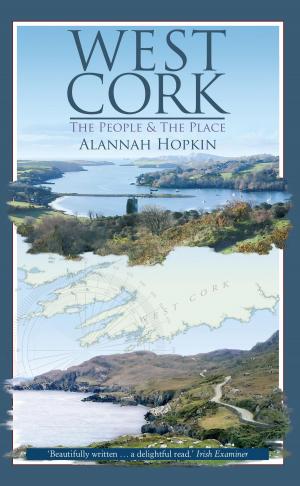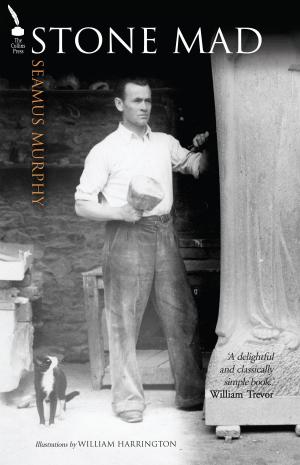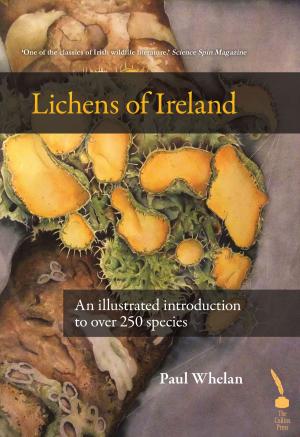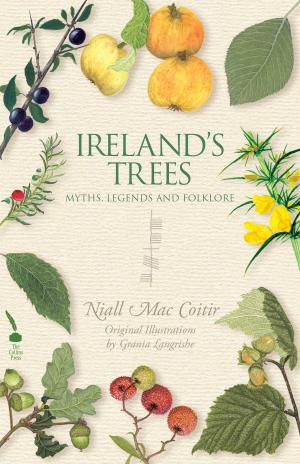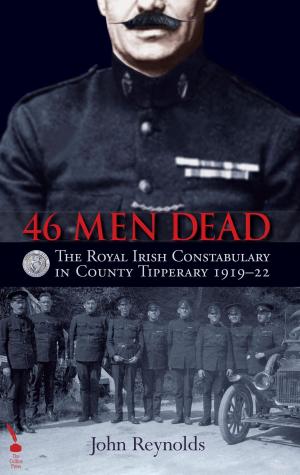Seán Ó Riada: His Life and His Work
Biography & Memoir, Artists, Architects & Photographers, Composers & Musicians, Nonfiction, Art & Architecture, General Art| Author: | Tomás Ó Cannain | ISBN: | 9781848898639 |
| Publisher: | The Collins Press | Publication: | April 3, 2003 |
| Imprint: | The Collins Press | Language: | English |
| Author: | Tomás Ó Cannain |
| ISBN: | 9781848898639 |
| Publisher: | The Collins Press |
| Publication: | April 3, 2003 |
| Imprint: | The Collins Press |
| Language: | English |
Imagine no Chieftains, no Planxty or Bothy Band, no Moving Hearts or Riverdance! This biography of Seán Ó Riada, who spearheaded the revival of Irish traditional music and moved it onto the international stage, shows it might not have happened without him. One of the few significant artists to remain in Ireland after the Second World War, he became an influential and intriguing character – composer, musician, raconteur, film-maker and academic. In this wide-ranging account of his life, his friend and colleague looks behind the mask to reveal the complex personality of a unique individual and paint a vivid picture of an ambivalent talent. In his short life, Ó Riada encountered a host of personalities and suffered personal, professional and financial crises. The result is a fund of anecdotes, many almost surreal. The book concludes with the highly amusing Charles Acton correspondence and the great critic’s obituary for Ó Riada.
Imagine no Chieftains, no Planxty or Bothy Band, no Moving Hearts or Riverdance! This biography of Seán Ó Riada, who spearheaded the revival of Irish traditional music and moved it onto the international stage, shows it might not have happened without him. One of the few significant artists to remain in Ireland after the Second World War, he became an influential and intriguing character – composer, musician, raconteur, film-maker and academic. In this wide-ranging account of his life, his friend and colleague looks behind the mask to reveal the complex personality of a unique individual and paint a vivid picture of an ambivalent talent. In his short life, Ó Riada encountered a host of personalities and suffered personal, professional and financial crises. The result is a fund of anecdotes, many almost surreal. The book concludes with the highly amusing Charles Acton correspondence and the great critic’s obituary for Ó Riada.
